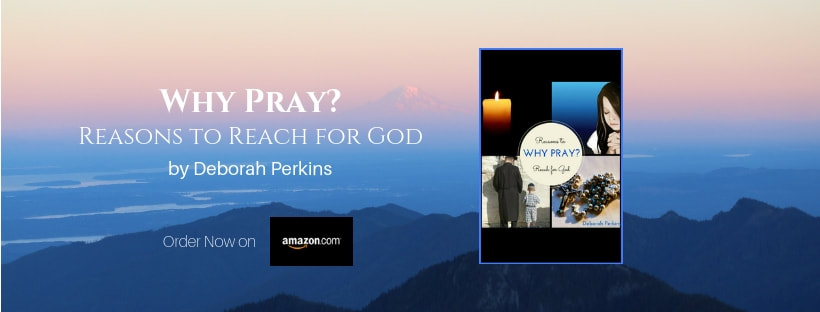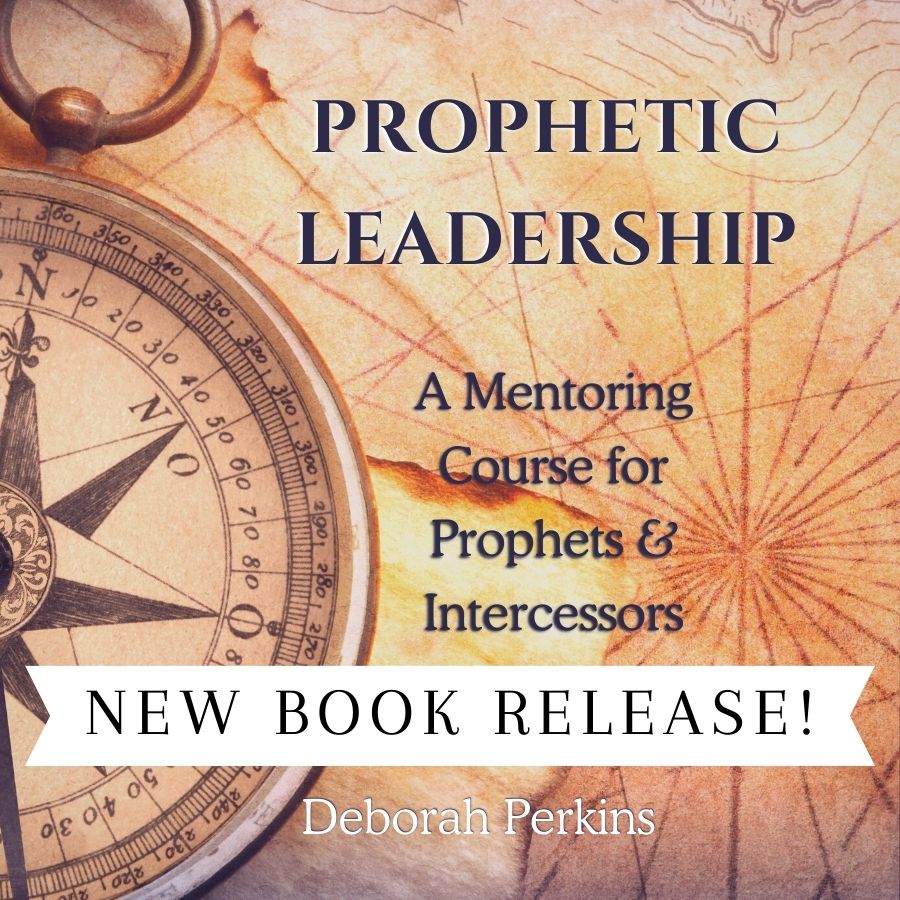|
"Without a vision, the people perish..." Proverbs 29:18 I don’t know if this has ever happened to you, but there was a time when I got stuck. Really stuck. A complex situation, one which had bothered me for some time, gathered its strength, reared its ugly head, and reminded me that no, I had not yet found a way to “overcome.” I did not know the answer, even after hours of searching my Bible, wondering “What would Jesus do?” I was not moving forward or making any real progress in this particular area. In fact, if anything, the situation was becoming worse. My frustration level soared. My first response to the situation, which used to be tolerance, morphed into anger. It was as if this one situation, stirred up by some malevolent demon, finally depleted me of any remaining strength or willpower I possessed and convinced me that no, this was not worth my effort any more. I simply could not resolve it, especially since other people were involved. Have you ever felt this way? Easier to throw in the towel. Walk the other way. Give up. For sanity’s sake, let it go. Exasperated, I sat down with my husband to discuss the problem. As we talked it through, I finally found the answer. I said to my husband, “If I could just see what to do here; if I could just get a picture of what love would look like in this situation, it would be fine. But all I see is anger. All I see is the unwillingness of others to change. And I just don’t want to do this anymore.” I was stuck. Thankfully, my spirit knew – and voiced – that there was something essential missing, something that could actually propel me forward when a bad situation threatened to hold me captive. What was it? Prophetic vision. Proverbs 29:18 says that without a vision, people perish. Pre-believers need a vision of God’s goodness to bring them to salvation. Victims need a vision of what healthy relationships look like in order to heal and forgive. All people need to prophetically SEE a picture of their future in order to move towards it. As many life coaches and pastors have noted, it is vision that inspires action. The downcast soul needs something to hope for, something to look forward to. (Read Lamentations 3:20-27.) The solution to a “stuck” situation is prophetic, and this is why people who pray and prophesy have the potential to be carriers of such encouragement. John Graham, “Life on the Edge” author and coach, says this: “A vision is a mental picture of the result you want to achieve---a picture so clear and strong it will help make that result real. A vision is not a vague wish or dream or hope. It’s a picture of the real results of real efforts. It comes from the future and informs and energizes the present.” I love Graham’s statement that vision “comes from the future.” As believers, we know that the giver of all vision is God. Without Him, we are blind! Receiving a prophetic word from the Lord, or finding a relevant promise in the Bible that speaks to your situation, is the key to overcoming it. When I couldn’t see what love would do, I remained stuck. Yet as soon as I found a prophetic picture for future encounters, I also found the desire to get up and persevere again. In short, we desperately need the inspiration and wisdom of God. When God speaks prophetically about our destiny, we arise from the ashes of our ruined lives and strive to become better people. When the Holy Spirit gives a vision for our future, we run with that vision and develop a plan for how to achieve it. When Jesus reveals to us that we have something of immense value to share with the world, we fulfill His vision and start making disciples. Let’s make this even clearer. Your mission is what you are currently doing; your “assignment.” The problem with mission alone is that it is possible to work on that mission day after day and lose the energy and excitement for it. In contrast, your vision is where you are going. The future you imagine, especially in prayerful partnership with God, is what will sustain and energize you morning by morning. Your vision sustains your mission. Priests and prophets are traditionally the stewards of vision. Habakkuk 2:2 speaks of writing the vision plainly, with the result that the one who reads it will run. Why will he run? To both do and share the exciting plans God has for him! Just as Roman leaders, before the advent of paper, inscribed edicts on wood tables for public display, so Jewish prophets used to write and display their prophecies publicly on tables, either in their own houses, or in the temple, that everyone that passed by might read them. Several Bible commentators* explain that the idea of reading and running has to do with prophesying. “To run,” states Henderson, “is equivalent to ‘to prophesy’ in Jeremiah 23:21, on the principle that those who were charged with a Divine message were to use all despatch [or haste] in making it known.”** Once we receive a vision through prayer, Bible reading, or a prophetic word, we want to publish and share it with everyone in our sphere of influence! Our “get up and go” comes back! If you’ve ever asked the question, “Why Pray?” this is one of the most powerful answers I can give you. We need prophetic visionaries! Without vision, we will not move forward, either individually or corporately, into the destiny that God has for us. We will not reach the ones God calls us to reach because we have not “seen” them yet, envisioning them in our spirit as God intends them to be. God has given us over 3,000 promises in the Bible, all of which are designed to help us move forward in faith. If you’re feeling stuck, I encourage you to seek God for a specific picture of what He wants your future to look like. Prayer is the doorway to receiving that vision, and prophetic vision is the key to overcoming every obstacle. To finish my story, once I saw my difficult situation through God’s eyes, meditating on some specific biblical promises and envisioning a better future for these people, my anger and frustration disappeared. Peace was restored to my heart. I found the strength and energy I needed. Prophetic vision enables me to continue working towards the day when peace will reign in their hearts, too. © Deborah Perkins / www.HisInscriptions.com * See the commentaries on Habakkuk 2:1-4 by Jamieson-Fausset-Brown, Pulpit Commentary, and Gill’s Exposition, for example. Link here: biblehub.com/commentaries/habakkuk/2-2.htm ** From Gill’s Exposition of the Entire Bible: “…and make it plain upon tables, engrave it in plain legible letters on tables of wood; on box tree, as the Septuagint version; on which they used to write before paper was found out and used. Writing tables are of ancient use; they were used in and before the times of Homer, for he speaks (o) of writing very pernicious things on a two leaved table; wherefore Josephus must be mistaken when he suggests (p) that letters were not found out in the times of Homer. These tables were made of wood, sometimes of one sort, and sometimes of another; sometimes they were made of the pine tree, as appears from Euripides (q) but, for the most part, of box (r), according to the Greek version as above; and consisted sometimes of two leaves, for the most part of three or five, covered with wax (s), on which impressions were easily made, and continued long, and were very legible; and these impressions or letters were formed with an iron style or pen; see Jeremiah 17:1 this the Greeks and Tuscans first used, but was afterwards forbidden by the Romans, who, instead of it, ordered an instrument of bone to be used (t): hence these tables were wont to be called "wax", because besmeared with it; and so, in wills and testaments written on them, the heirs are said to be written either in the first wax, or in the bottom of the wax (u), that is, of the will, or in the lowest part of the table, or what we should call the bottom of the leaf or page: and it was a custom among the Romans, as Cicero (w) relates, that the public affairs of every year were committed to writing by the Pontifex Maximus, or high priest, and published on a table, and set to view within doors, that the people might have an opportunity and be able to know them; yea, it was usual to hang up laws, approved and recorded, in tables of brass, in their market places, and in their temples, that (x) they might be seen and read; the same we call annals. In like manner the Jewish prophets used to write and expose their prophecies publicly on tables, either in their own houses, or in the temple, that everyone that passed by might read them.” biblehub.com/commentaries/habakkuk/2-2.htm |
Free Link to the Subscriber Resource Library when you join His Inscriptions!
About
Deborah Perkins Categories
All
Archives
June 2024
AuthorA severe hearing loss from childhood caused Deborah Perkins to develop what she now calls her secret weapon: tuning in to God's voice. A Wellesley College graduate and an award-winning writer, Deborah is now a wife and mother of 3 boys. Deborah has devoted over 25 years to professional and lay Christian ministry in New England and beyond. Her passion is inspiring people to cultivate greater intimacy with God. |





 RSS Feed
RSS Feed






